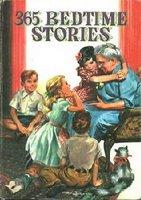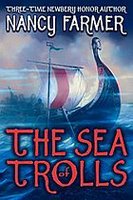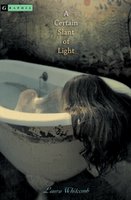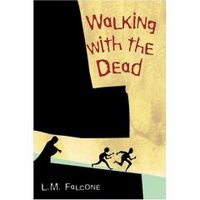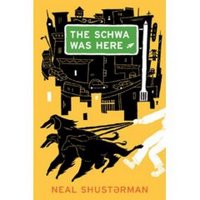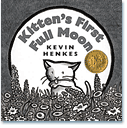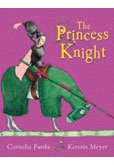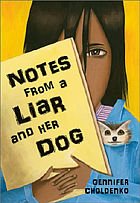Twenty Not So Random Things About Me
On October 29, Kelly, of
Big A little a said she'd like to hear from me regarding "Twenty Random Things About Myself." She had been "tagged" with the list request by
another blogger, who had received it from
another blogger, and evidently you can trace this back quite a ways, if you have the time.
I was interested in the passing of this Random List request among children's bloggers because it seemed a way of creating a community of people interested in kidlit, just as I was writing about a few day's back. However, I really want to keep this blog focused on children's literature. I try to only talk about myself in relation to my being a children's writer and children's book reader. So I'm going to do the random list thing, because I don't want to be left out, but it has to be a focused random list.
Ladies and gentlemen, I give you Twenty Not So Random Things About Me:
1. I was an English major and history minor in the College of Education at the University of Vermont.
2. I never actually taught school.
3. I did teach Sunday school for eleven years (can you believe it?), served as an elementary school classroom volunteer for three years, and presently do author talks in elementary schools and assist with a junior taekwondo class.
4. School settings are of great interest to me, and I used them in three of my books.
5. I taught Sunday school in a Congregational church.
6. Congregational churches were originally Puritan churches, and I once prepared a lesson plan on Puritan history for my sixth-grade class. (Yeah, everyone loved having me for a teacher.)
6. The Puritans came up again when I was writing
The Hero of Ticonderoga because Ethan Allen was the anti-Puritan.
7. When I got out of college, I worked in a department at the University of Connecticut that did management development and personnel management training.
8. As a result, I'm probably a little more open to business and management-related ideas than I would otherwise be.
8. For instance, I once led a writing workshop that was developed around using goals and objectives in writing.
9. I always use French surnames in my books.
10. I like reading books on creativity and how to be more productive as a writer.
11. Such books haven't done me a lot of good.
12. I wish I knew more about grammar and usage.
13. I worry that the copy editors at G. P. Putnam get together at lunch and laugh at me.
14. I received a letter last week from a fourth grader who asked if I express myself through writing.
15. My first thought on reading that letter was "What? What's she talking about?"
16. Then I realized that absolutely everything we do expresses something about ourselves.
17. I wrote the child a very philosophical reply.
18. Now I worry that the teachers at that school get together at lunch and laugh at me.
19. I suffer from performance anxiety before public appearances and when training with higher-ranked taekwondo students.
20. Last fall I was nominated for a writing award and really didn't mind not winning at all, because I was so worried about having to get up and thank people. Not that I wouldn't have been grateful. It's just that if I expressed my gratitude incorrectly, I could have ruined the whole thing.
